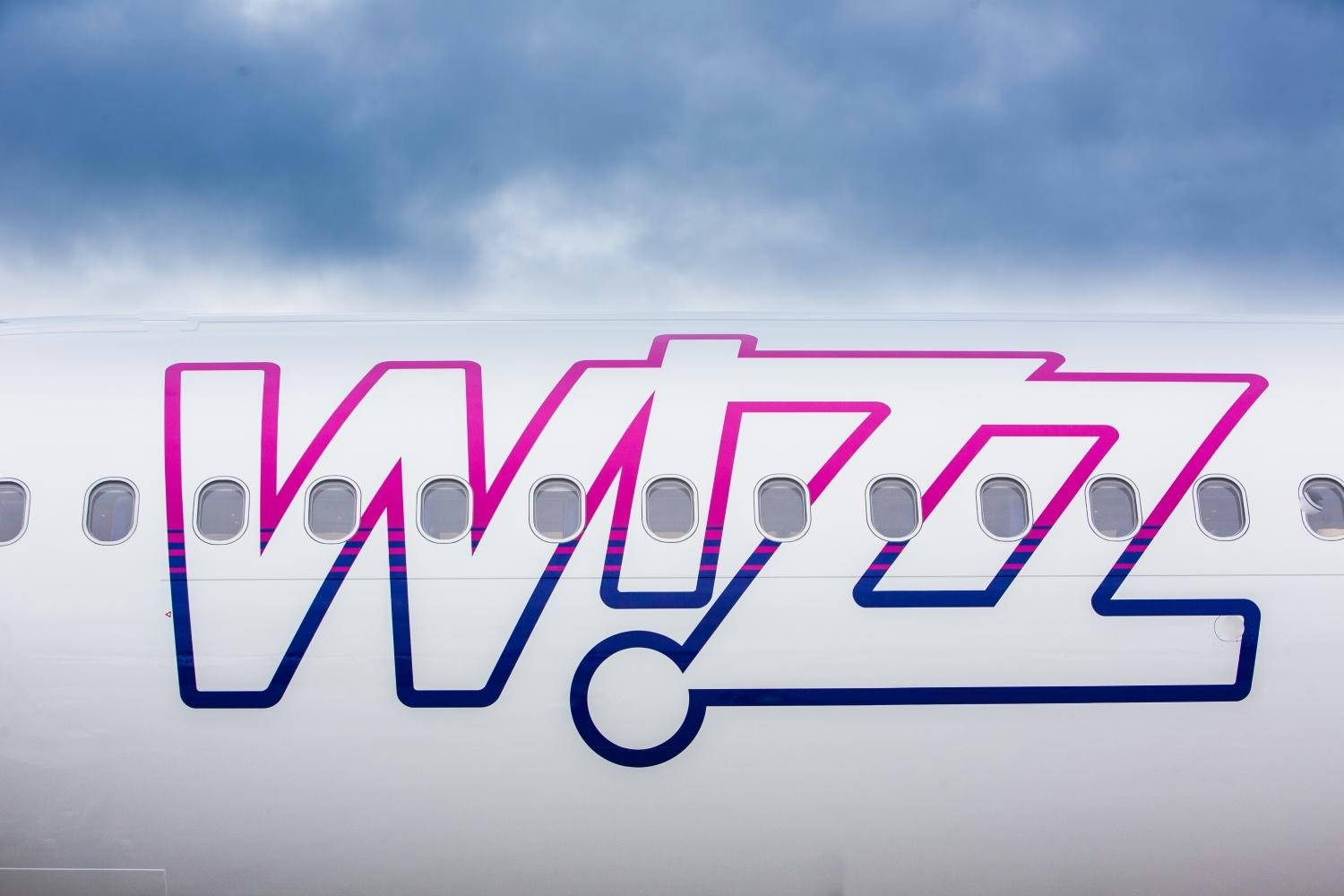
Smarter email, faster business.
Trending
Judge Reviews DOJ Motion to Dismiss Boeing Case

Judge Reviews DOJ Motion to Dismiss Boeing Criminal Case
Trial Postponed Amid Review of Dismissal Motion
The United States District Court for the Northern District of Texas has vacated the trial scheduled for late June in the criminal case against The Boeing Company, as Judge Reed O’Connor considers a motion filed by the Department of Justice (DOJ) to dismiss the prosecution. The case concerns Boeing’s involvement in the fatal crashes of its 737 MAX aircraft in 2018 and 2019.
On June 1, Judge O’Connor granted the DOJ’s request to cancel the trial originally set to begin on June 23, following the department’s motion to dismiss filed on May 29. The court has established a briefing schedule requiring responses to the DOJ’s motion by June 18, with any replies in support due by June 25.
Details of the Proposed Settlement
The DOJ seeks to drop a single criminal fraud charge against Boeing, proposing instead a settlement in which the company would pay more than $1.1 billion. This sum includes a $487.2 million penalty and $444.5 million allocated to a fund for the families of the crash victims. Under the terms of the agreement, Boeing would admit to the charge, and the DOJ would withdraw the prosecution. The department contends that the settlement “secures meaningful accountability, delivers substantial and immediate public benefits, and brings finality to a difficult and complex case whose outcome would otherwise be uncertain.” DOJ attorneys have expressed concerns about the strength of their case, citing a prior trial involving a former Boeing employee that ended without a conviction.
Boeing has affirmed its commitment to fulfilling its obligations under the proposed resolution, highlighting that the settlement offers “substantial additional compensation for the families of those lost” in the crashes. The company has also pledged to undertake further institutional reforms as part of the agreement.
Opposition and Judicial Uncertainty
The proposed deal has faced sharp criticism from lawyers representing the victims’ families, who have described it as “morally repugnant” and urged the court to reject the settlement. Some lawmakers have also voiced opposition, arguing that the agreement allows Boeing to avoid a full trial and evade comprehensive accountability for its actions. The DOJ’s readiness to end the felony case—under which Boeing would admit to conspiracy to obstruct and impede federal regulators—has intensified scrutiny of the process.
Judge O’Connor has yet to approve the DOJ’s request, indicating potential challenges in finalizing the non-prosecution agreement. Should the judge reject the motion to dismiss, the trial could proceed at a later date, leaving the outcome of this high-profile case unresolved.

Can Superalloy Techniques Resolve Aircraft Engine Issues in Sixth-Generation Fighters?
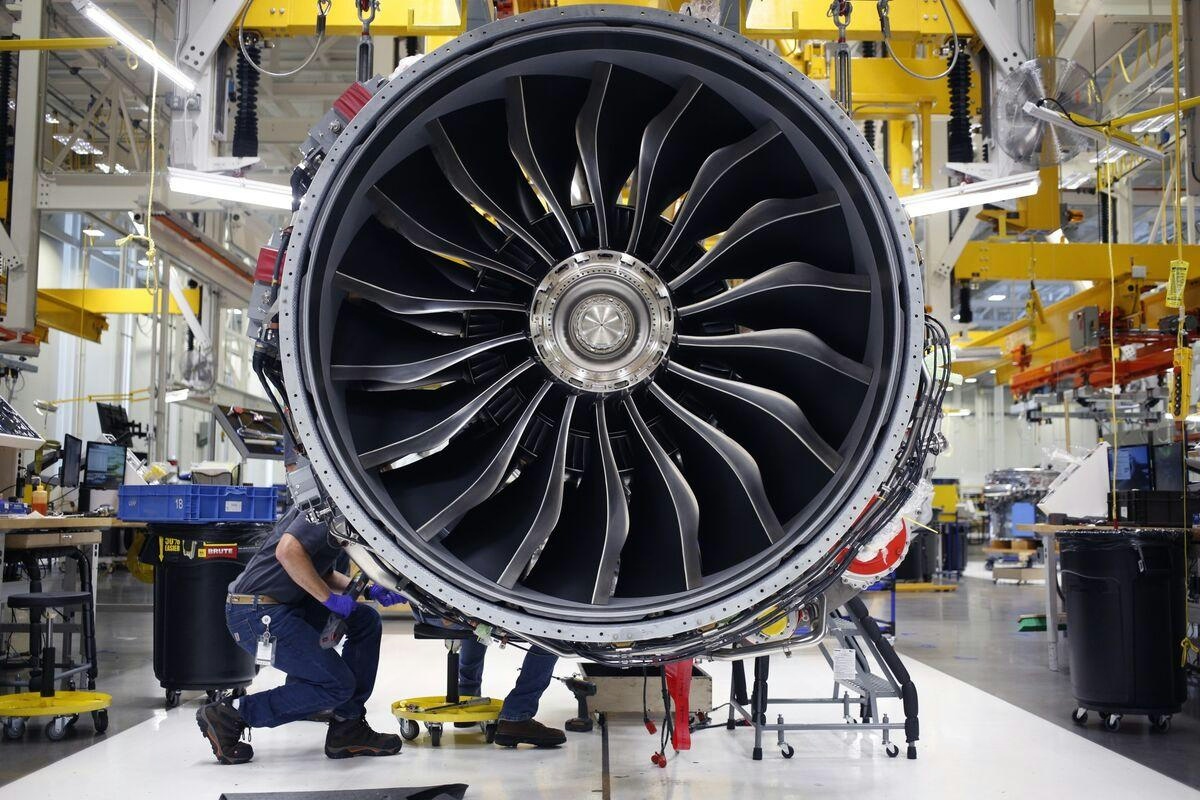
India Reports 65 In-Flight Engine Shutdowns Since 2020
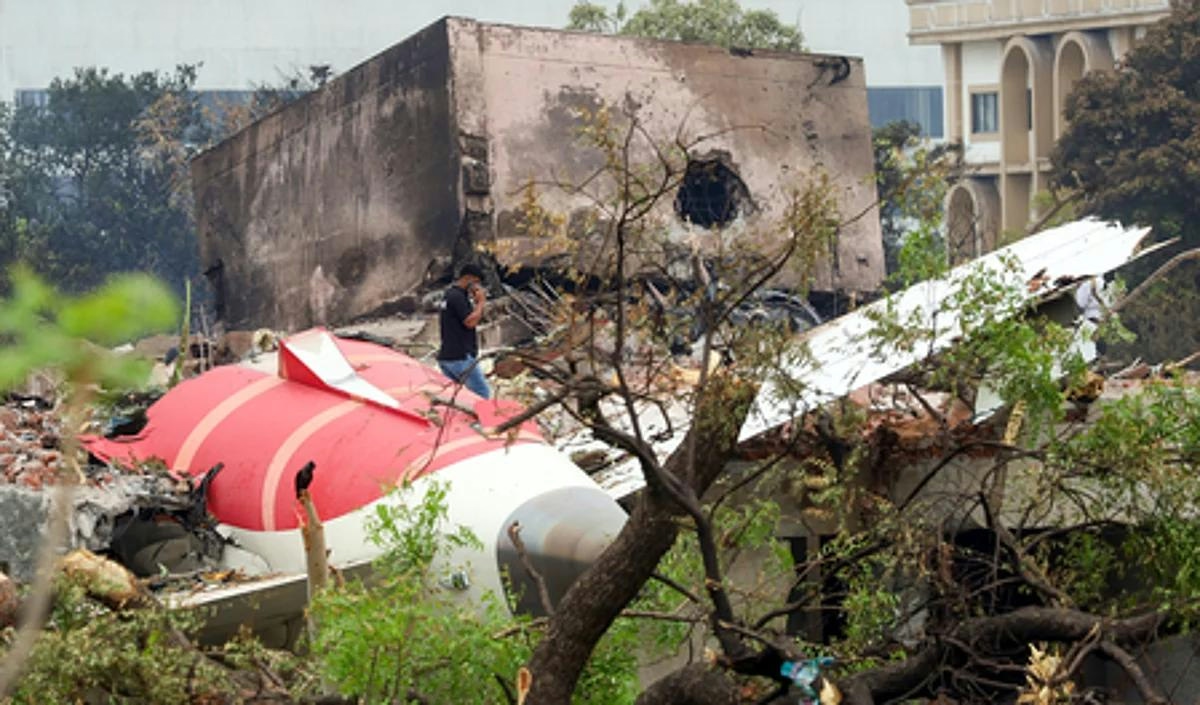
Call to Release Full Transcript of AI Flight 171 Audio Recording

Archer Aviation CFO Resigns Following Yearlong Medical Leave
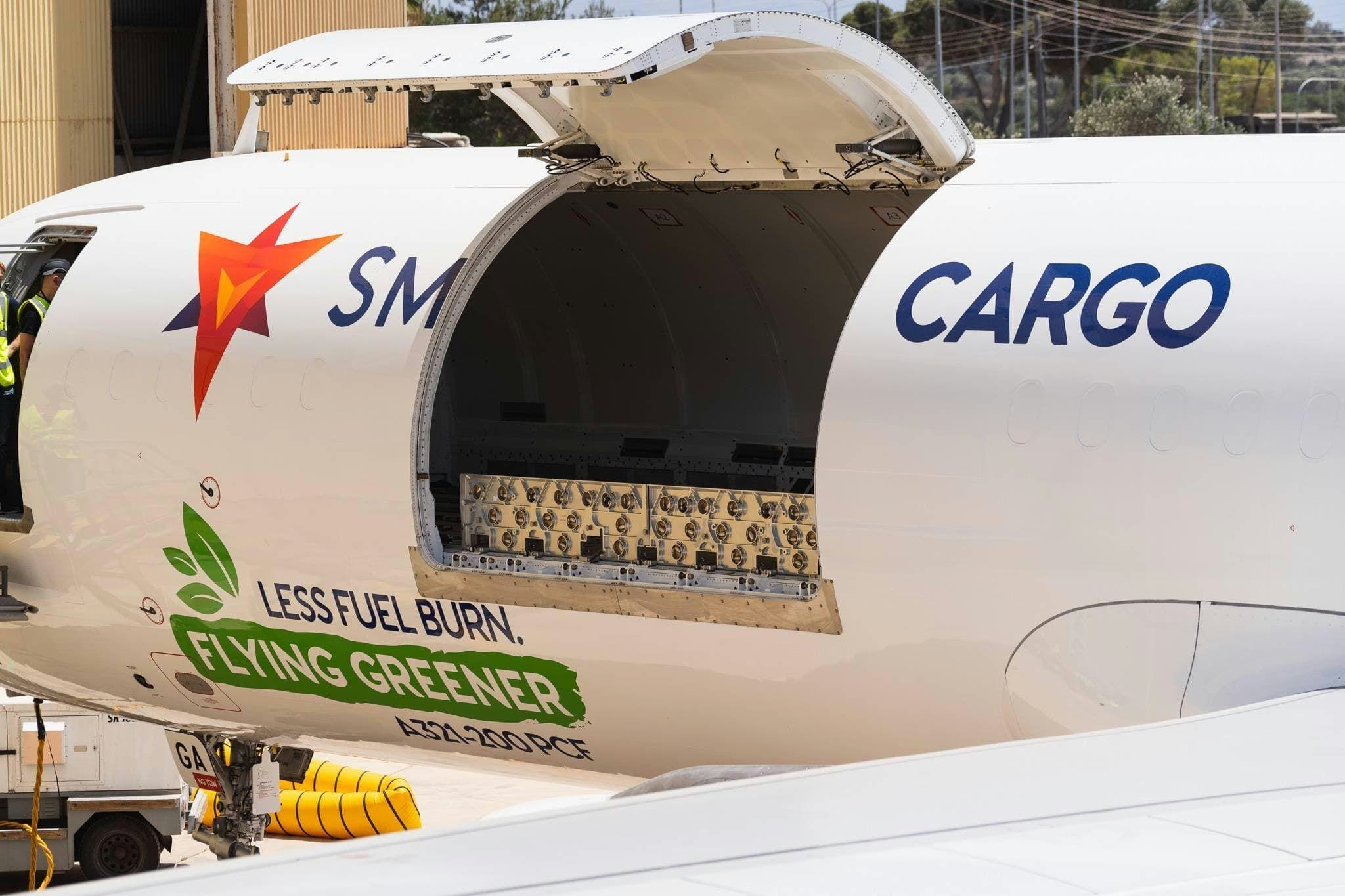
Europe Aircraft ACMI Leasing Market: Trends and Forecasts 2025–2032
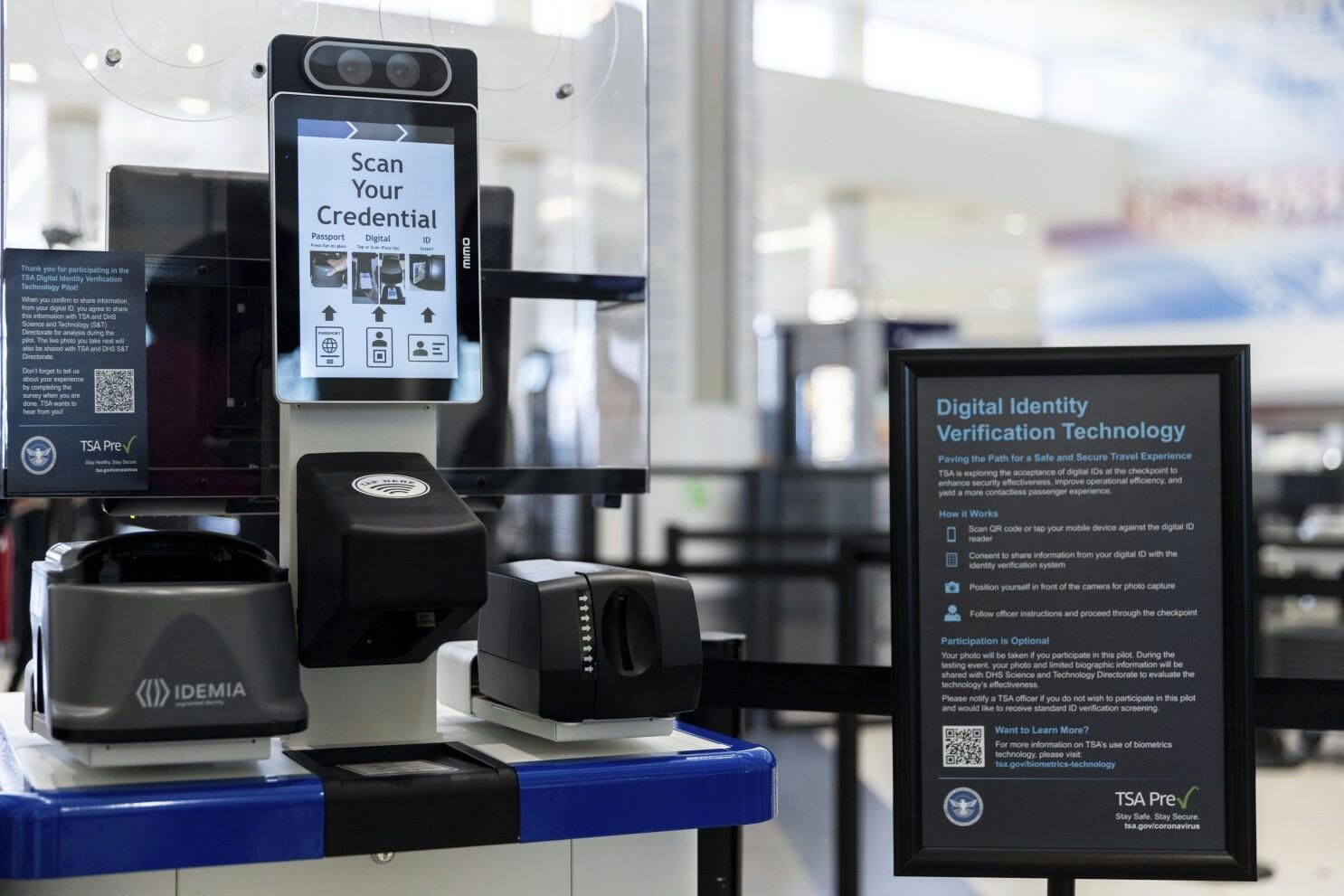
Russian Airports to Introduce AI-Based Security Systems
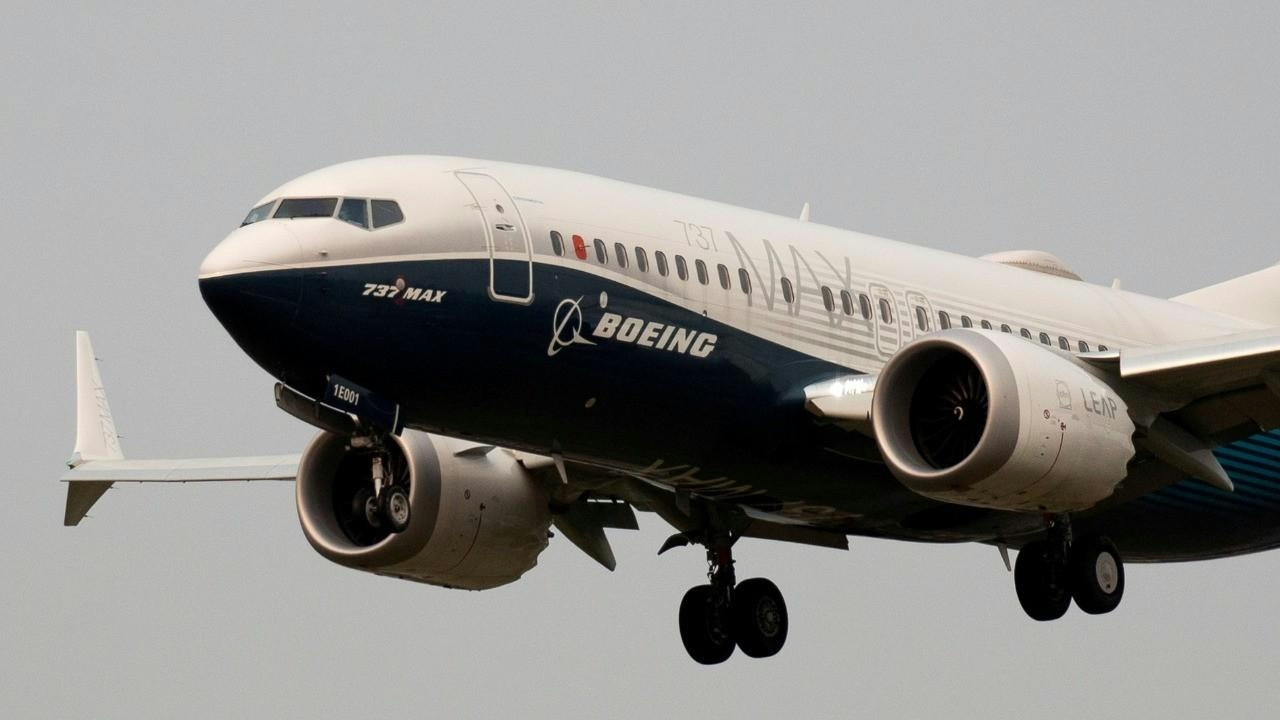
DGCA Mandates Fuel System Inspections for Boeing 787 and 737
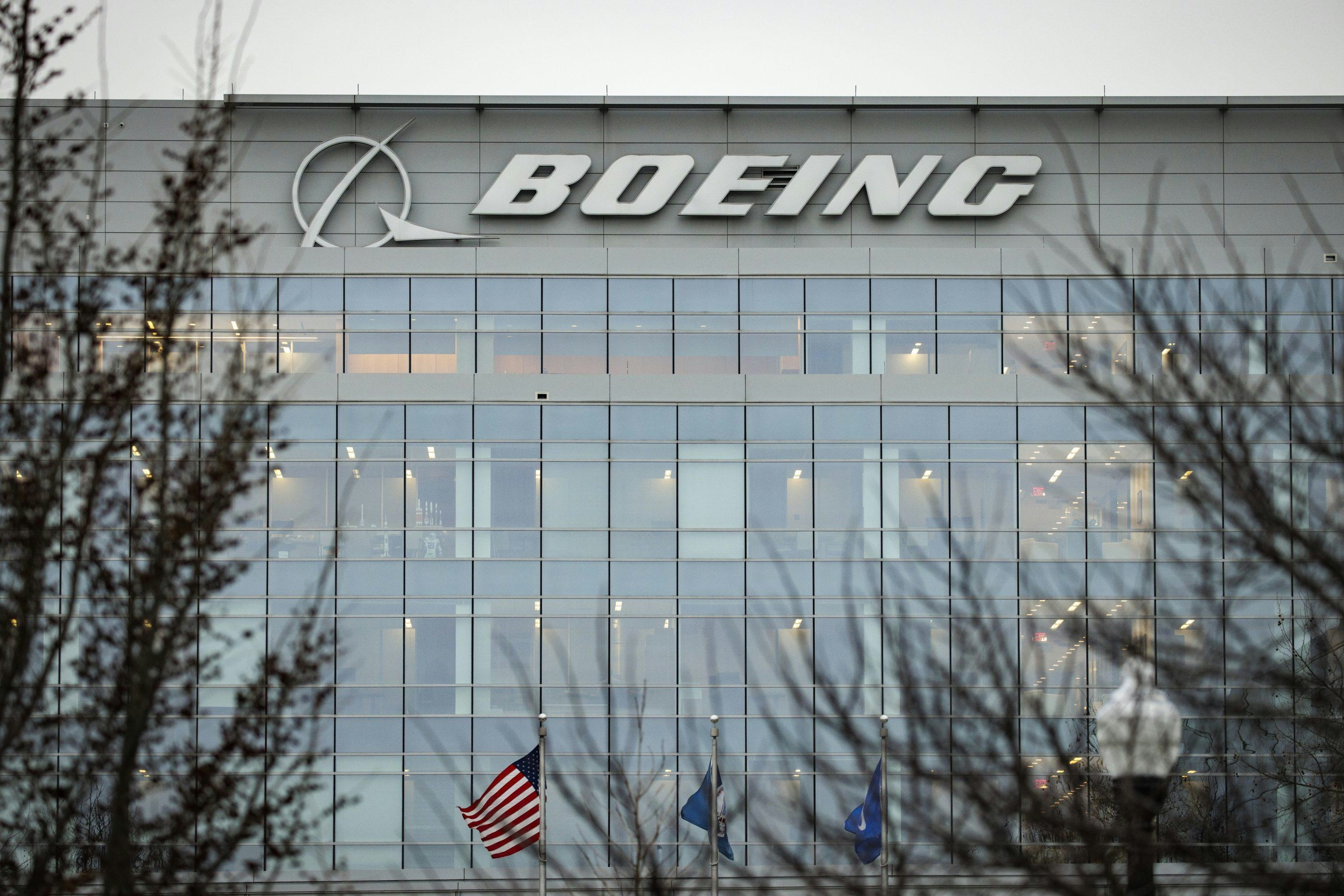
FAA Defends Boeing Switches as South Korea Orders Safety Checks—But Investors Rally Despite Turbulence
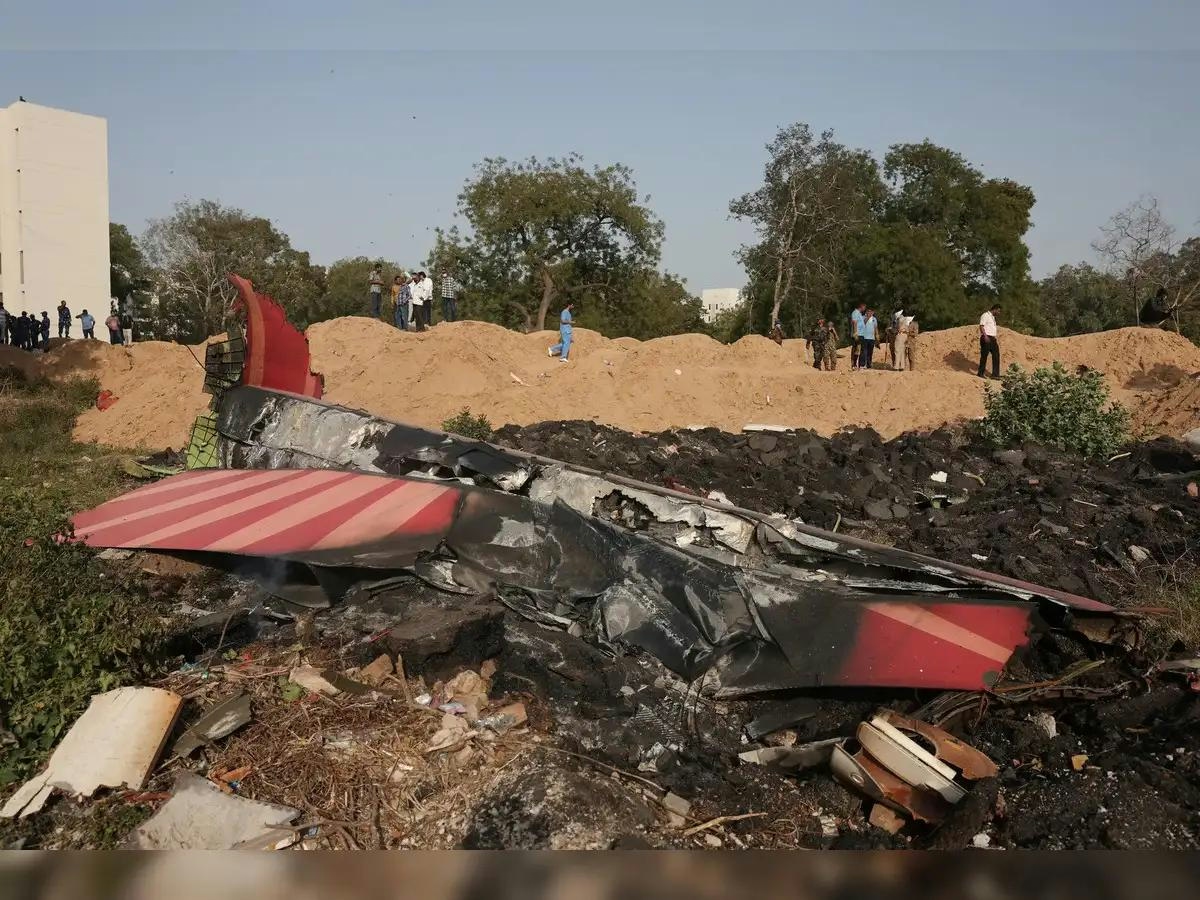
DGCA Directs Boeing Fuel System Inspections Following Air India Crash Report
